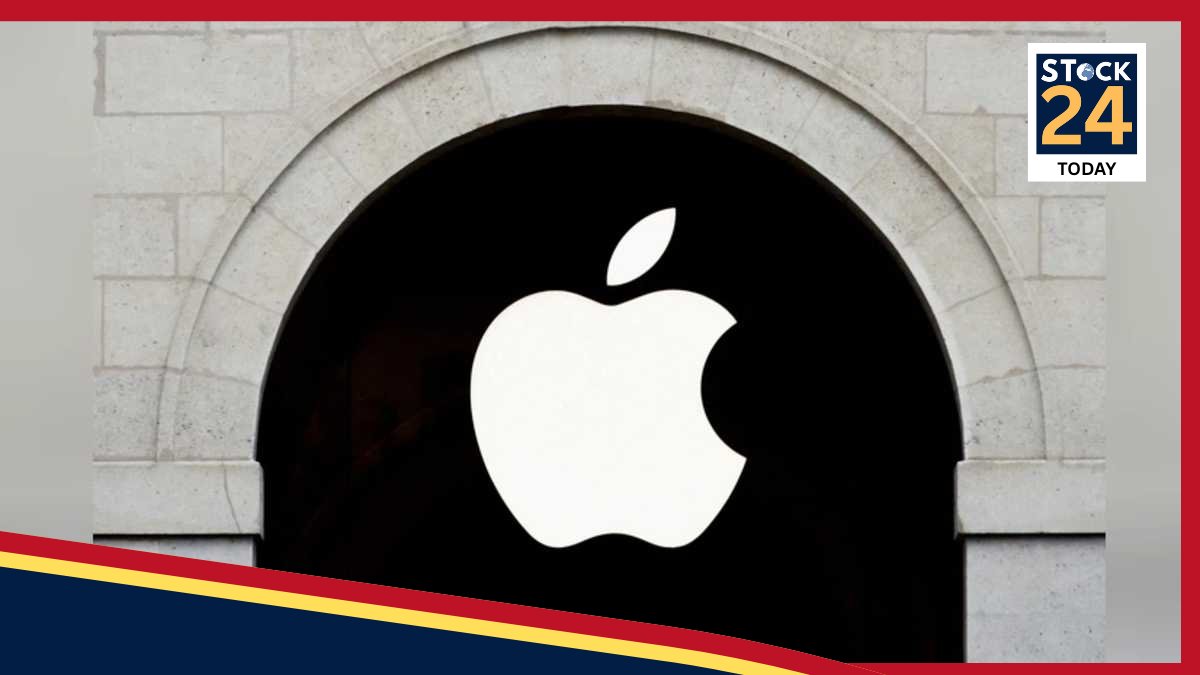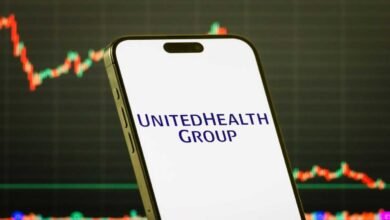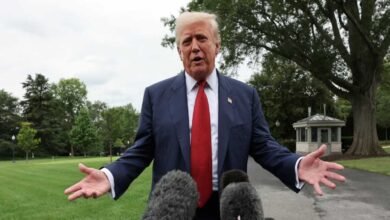Apple to Pledge Additional $100 Billion for U.S. Investment Amid Tariff Pressure

WASHINGTON – President Trump is expected to announce on Wednesday that Apple is pledging an additional $100 billion in U.S. investment, a strategic move by the tech giant aimed at bolstering its American supply chain and navigating threats of significant tariffs on its products like the iPhone.
The announcement will reportedly include the creation of a new “American Manufacturing Program,” a White House initiative focused on encouraging Apple to bring more of its advanced manufacturing and component sourcing to the United States.
This new commitment comes on top of a $500 billion U.S. spending plan and the hiring of 20,000 people over four years, which Apple announced in February. However, the new pledge is seen by analysts as a direct response to escalating pressure from the Trump administration.
“The end game here is mostly about getting good with the administration on tariffs,” said Gene Munster, a managing partner at Deepwater Asset Management. “This should be enough.”
The move follows President Trump’s recent threat to impose a 25 percent tariff on smartphones and other electronics made outside the U.S. For years, the president has publicly urged Apple to “start building their damn computers and things in this country.”
Despite the significant new investment, the pledge does not fulfill the president’s long-standing demand for Apple to begin full assembly of its flagship products, like the iPhone, on U.S. soil. Apple has long relied on a vast and complex supply chain based in Asia, primarily China, though it has recently diversified some production to Vietnam, Thailand, and India.
Experts point to significant logistical and financial hurdles in moving final assembly to the U.S. A company analysis previously found that the U.S. has a smaller pool of manufacturing engineers and skilled assembly workers compared to China. According to Wayne Lam, an analyst with TechInsights, the cost of developing that workforce and infrastructure could force Apple to more than double the price of an iPhone to $2,000 or more.
Apple has faced criticism over its track record with past investment promises. In 2018, the company pledged $350 billion in U.S. investment and a new campus in a new state, a promise that has not yet been fulfilled.
Still, analysts note that while previous pledges largely consisted of money Apple already planned to spend, this new $100 billion figure represents a significant increase.
“Apple thought they gave the right dosage with $500 billion in February, but this $100 billion is a measurable increase,” Mr. Munster said, adding that the administration’s goal is a “decade-long initiative” to create a more independent U.S. tech supply chain.





